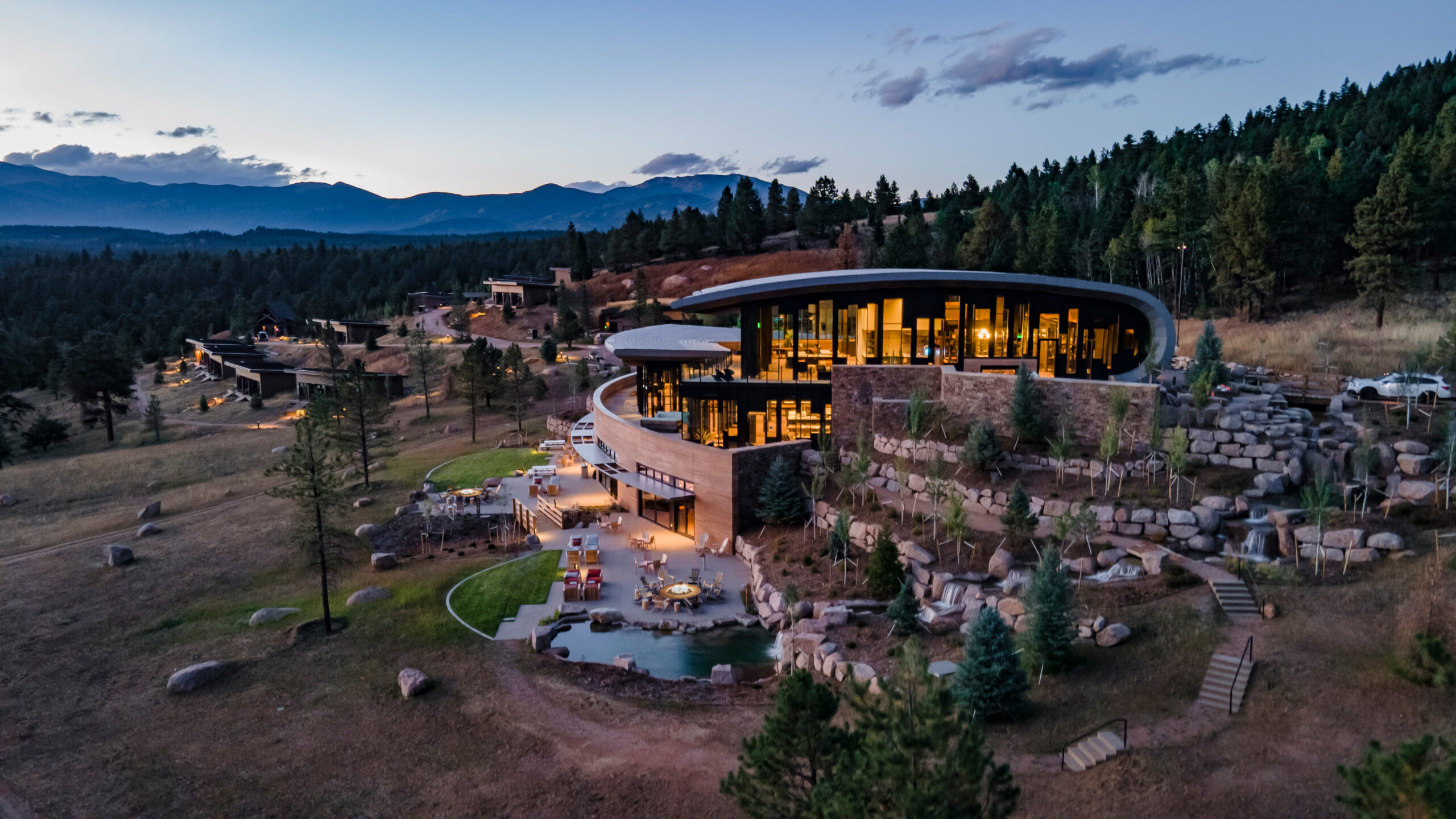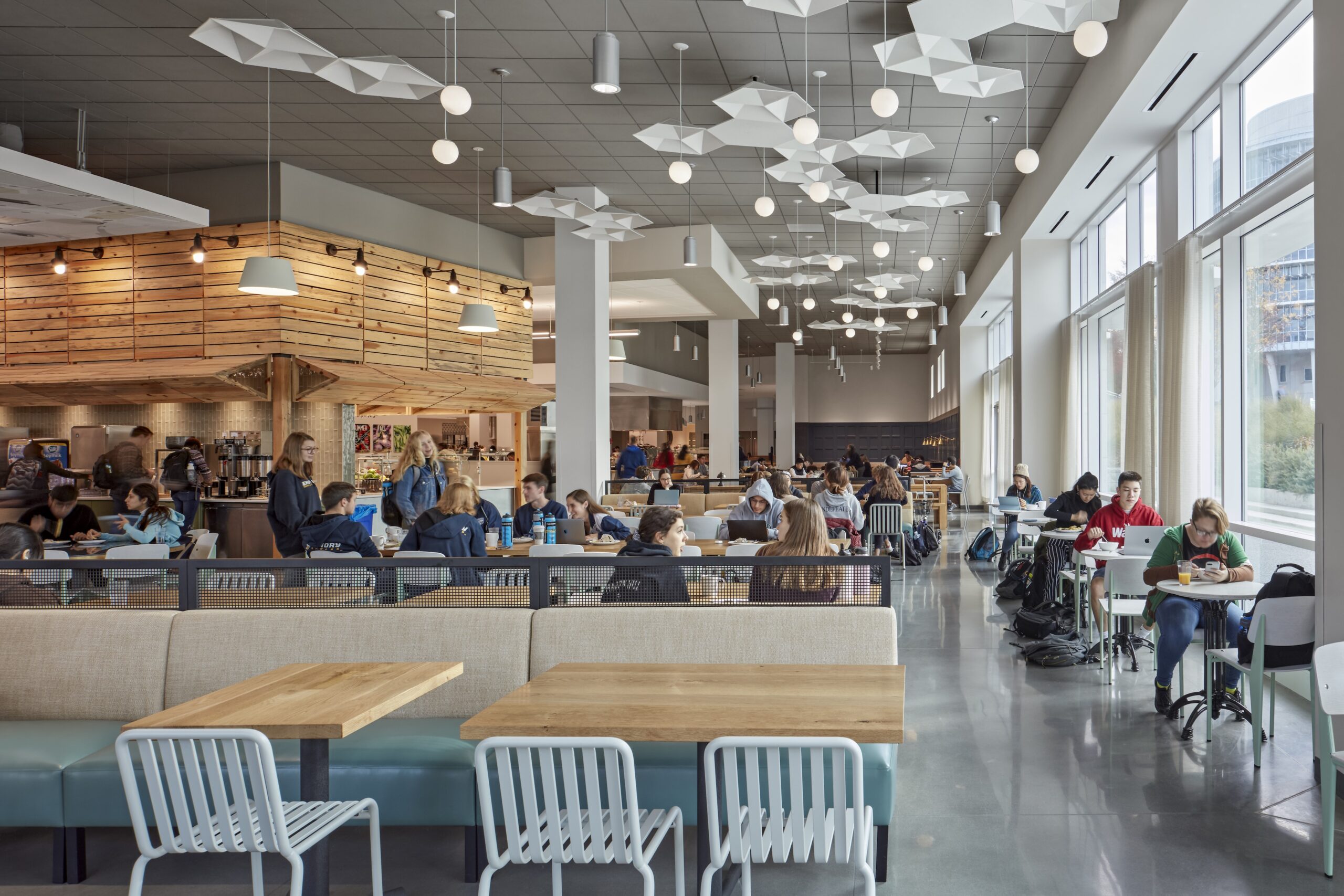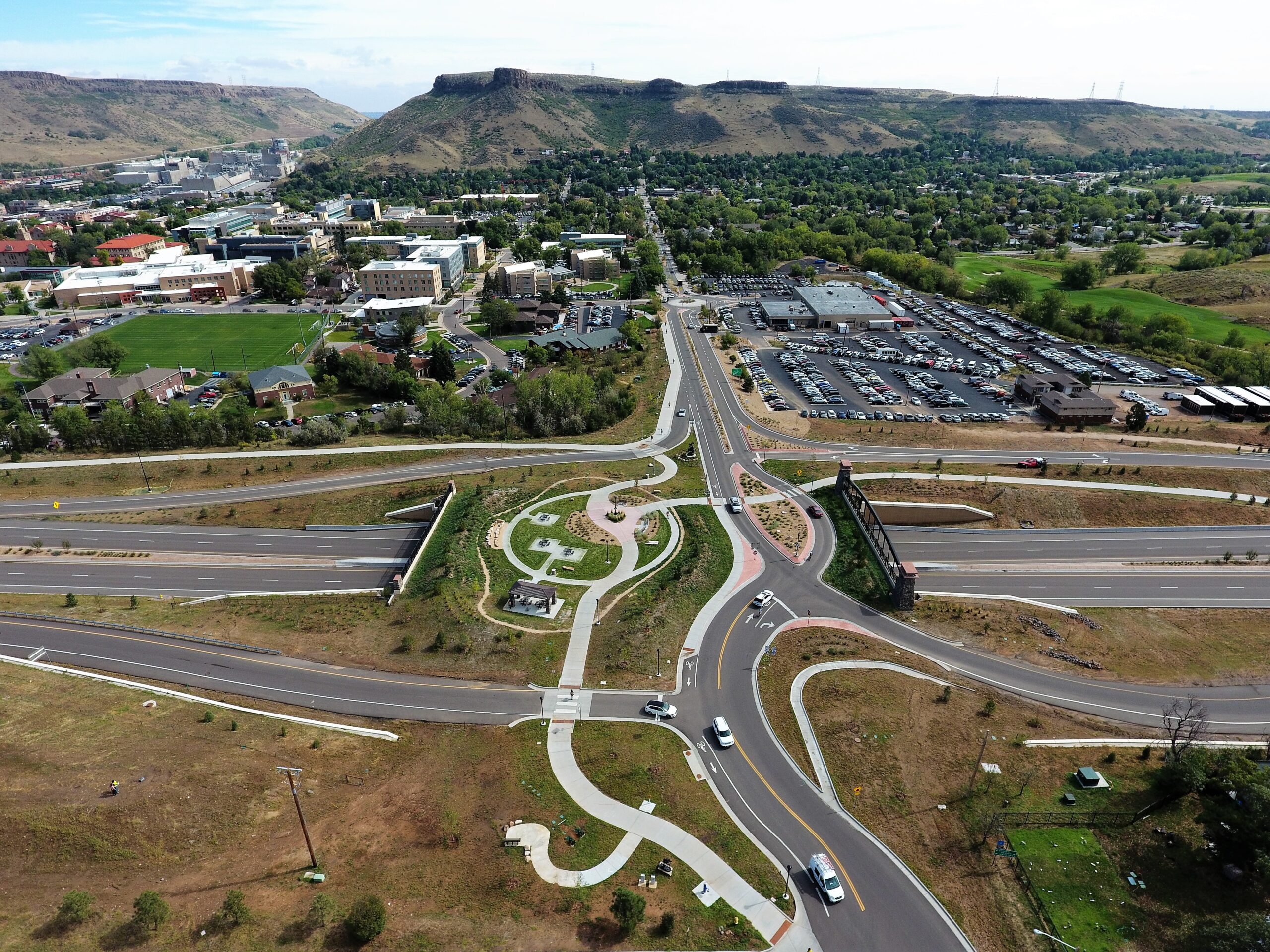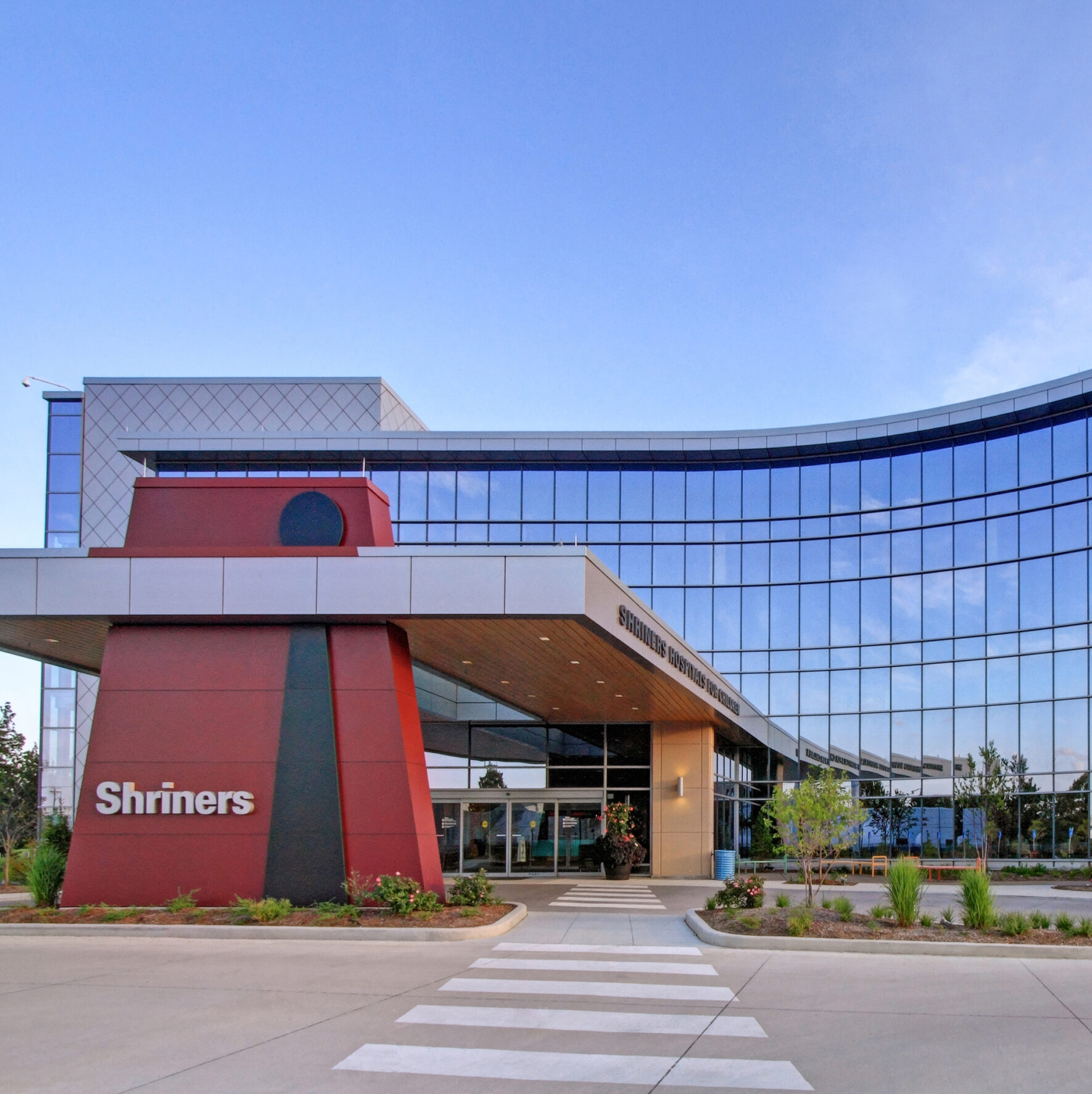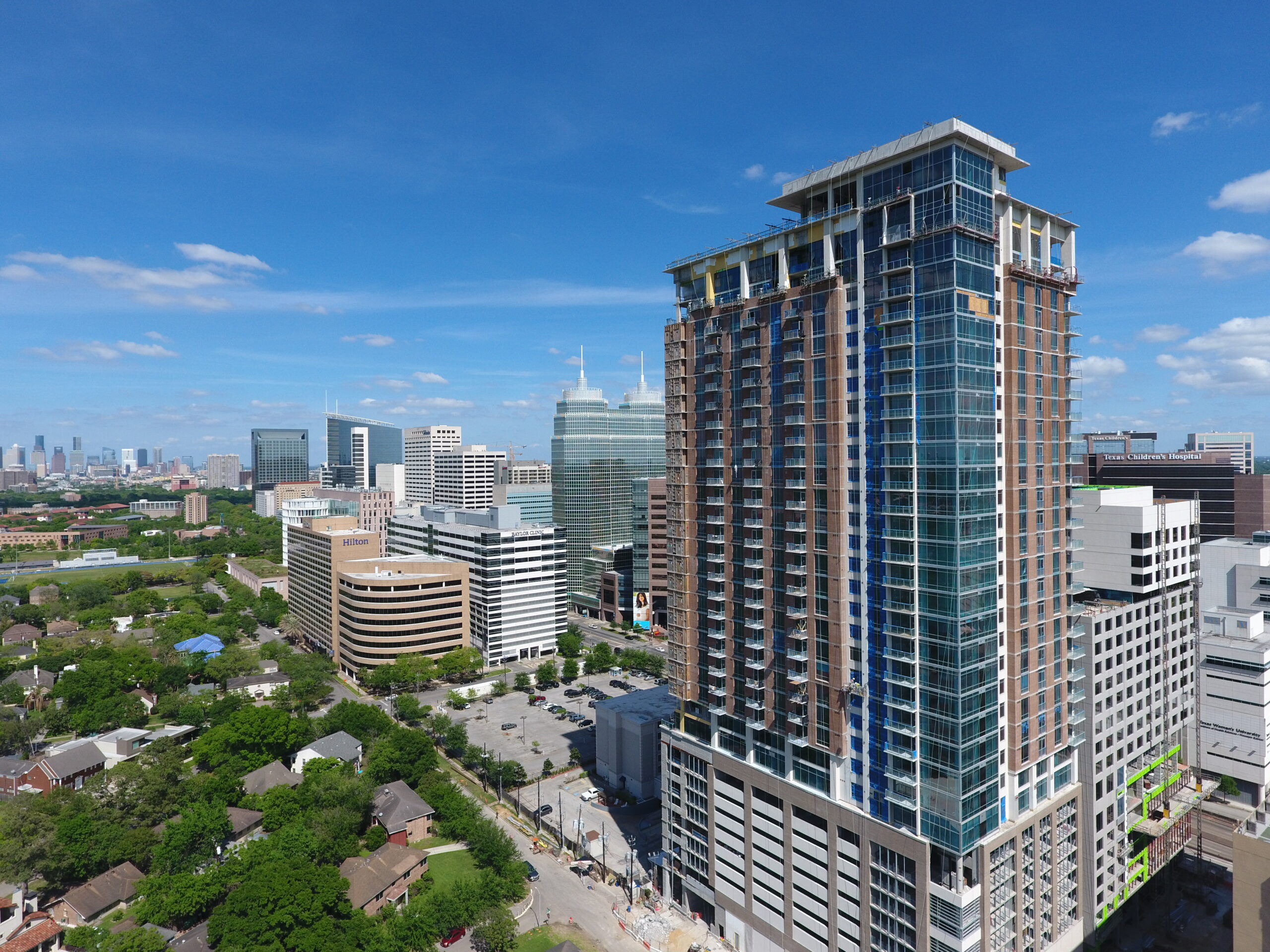Campus Redevelopment with Intelligent Building Strategies
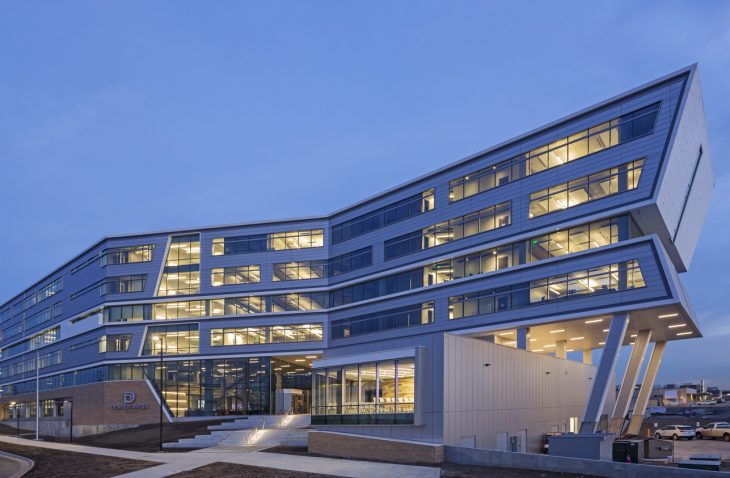
LEED PLATINUM, WELL BUILDING, NET ZERO ENERGY and “ONE WATER”
The 36-acre Denver Water Operations Complex Redevelopment is as true model for intelligent building and one of the most multi-facetted sustainable projects in the nation. Its many challenging goals – including energy and water efficiency, water reuse, and zero on-site carbon emissions – required intricate campus-wide solutions.
IMEG implemented several intelligent building strategies to support key project goals. Lighting, mechanical, and data loads are metered independently in all buildings on Denver Water’s campus. Additional sub-meters in the main administration building also track solar power production and use, kitchen loads, lighting loads, mechanical loads, data loads, and general power. Additionally, the central utility plant is used to calibrate water temperatures so that water at different temperatures can be sent through a vast array of tubing within concrete slabs to keep the campus buildings at a comfortable temperature year-round. Other intelligent building strategies include plug load control and occupancy sensors.
In addition, sustainability features include:
- The One Water concept, which uses the right water for the right use and minimizes consumption through efficiency whenever possible. The campus uses potable water treated and provided by Denver Water for potable requirements while maximizing reclamation and recycled water for other non-potable uses. To conserve this critically precious potable water resource, no water is used for evaporative building cooling, which is nearly unheard of for a campus of this size.
- On-site wastewater treatment, including an innovative on-site treatment system in the administration building lobby with pumping control for delivery to grey water usage.
- The zero on-site carbon emissions goal, which required a primary heating source other than burning fossil fuels. IMEG implemented the application of air-to-water low ambient air source heat pumps, which are successfully used throughout Europe but are rarely used in the U.S., along with water-to-water magnetic heat recovery chillers.
- Campus energy recovery. A central heat recovery system, with 70,000 gallons of thermal storage, can achieve system efficiency near 30 COP.
Denver Water can leverage its status as a water utility to help distribute these design concepts, using the campus as an educational tool across the Colorado market and beyond.
